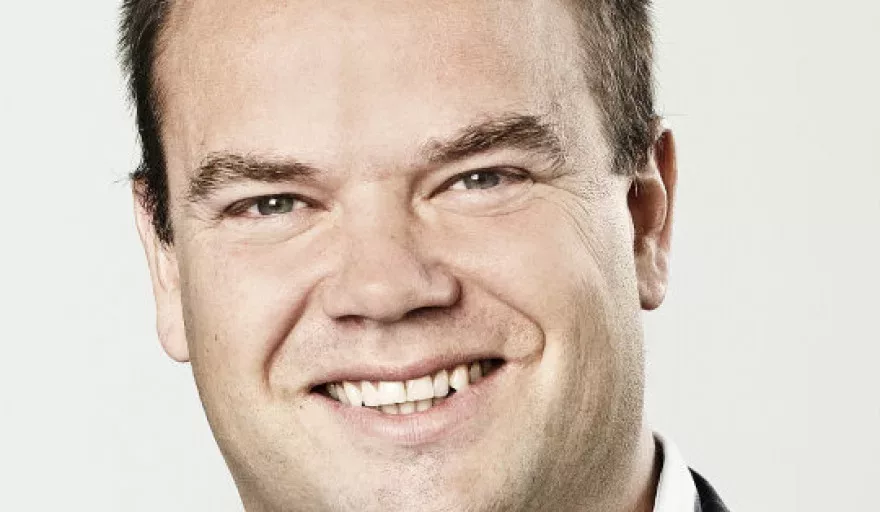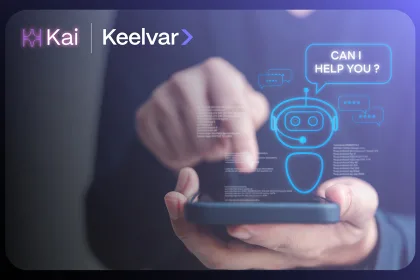INTRODUCTION
Telecoms companies all over the world are busy rolling out their Voice over 4G LTE technology, also known as VoLTE.
For telecoms, VoLTE kills two birds with one stone by lowering their costs as well as giving them the means to offer higher quality and new services to end consumers. It also looks likely that telecoms are getting ready to lob VoLTE in the general direction of some of their newest competitors.
“One of the things that VoLTE does is that it puts the Voice over IP applications like Skype, Google Hangouts and Viber squarely in the crosshairs of the telecoms,” IDC’s Telecom Industry Analyst Rosalind Craven says. “VoLTE gives seamless integration of voice and video calls and can provide a higher quality alternative to these services.
“While it is difficult to know whether telecoms are also willing to compete with the VoIP services on price, it does lead to an interesting confrontation.”
The stakes of the confrontation could, in other words, be as high as the future of voice and video messaging.
RECENT BAD MEMORIES COULD REPEAT
For the telecoms, there are plenty of reasons to take on the newcomers.
A report from the telecoms and media research company, Ovum predicts that telecommunications providers stand to lose a combined $386 billion of the so-called over-the-top (OTT) voice over IP (VoIP) services.
To put it into perspective, they stand to lose more than the entire annual GDP of the likes of Hong Kong, Austria or Norway. At the same time, we are spending more and more time on voice and video calls – just not using the services provided by the telecoms, who are also still smarting from their last lesson in what disruptive technologies can mean to your bottom line.
SMS-services became so ubiquitous that texting abbreviations like LOL ended up in the dictionary. For a while, telecoms were laughing all the way to the bank, as text messages generated massive revenue. Then WhatsApp and similar applications happened, and telecoms went from LOL to OMG in just a few years.
Today, 90 percent of text messaging in Mexico happens via Facebook’s $19 billion acquisition of WhatsApp. In The Netherlands, texting has dropped to a level where the carrier Royal KPN NV has simply stopped offering free texts as part of its bundle deals. Telecoms have seen the revenue from texting dry up.
Telecoms have to be worried that OTT services will do the same to voice calls, and are now pushing back by using almost a weapon that is similar to those that have been deployed against them.
SLICING AND DICING
Voices in the industry are very aware of what is happening. Vodafone, for example, had the following to say in its 2014 annual report:
“Mobile voice and texts, our traditional revenue sources, have reached maturity in a number of markets. To deliver future growth opportunities, we are investing in newer revenue areas such as data. Between 2013 and 2017 data revenue for the telecommunications sector is set to grow by US$128 billion.”
In other words, data is key. Even if telecoms would like to be more than data providers it will be at the centre of almost all the do in the coming years – including the new VoLTE service, which revolves around the chopping and dicing of data.
While Voice over IP (VoIP) and Voice over LTE (VoLTE) both work by chopping up your message and sending it in data packages, they differ in a way that looks likely to give telecoms an edge.
VoIP provides communication at much lower costs than those associated with traditional switch-based phones, but it does have some issues.
One is that a VoIP connection is not entirely stable, and that there is no guarantee of the packages being correctly sequenced. This means that there is a risk of the connection failing / being unstable, and that the quality of the call can vary.
VoLTE also chops your call into small data packets, but these are sent through the so-called IP Multimedia Subsystem (IMS). Figuratively speaking, the IMS functions like a smaller pipe running inside the main data pipelines. It is dedicated to transport data from things like phone calls and video messages, which means that there is much less risk of your message becoming ‘diluted’ or packets being lost than is the case with VoIP.
The result is better call quality and, once the system has been fully deployed and passed its initial teething problems, a more stable connection. At the same time, the increased data stability and capacity gives telecoms an opportunity to offer a whole new range of augmented services to their customers.
Customers can attach specific text messages to a phone call, so the person on the receiving end would not only see what number was calling but would also be able to see an accompanying text message that could read something like ‘I just need a quick confirmation about the meeting’ or ‘it’s about dinner’.
There would be the option of switching seamlessly between video and voice calling – and both at a much higher quality than currently available through OTT VoIP applications. You will also be able to share content and data during a call, like sharing your location, some directions, an interesting item on eBay – basically anything goes.
The list of new services is still growing, and these are some of the features that telecoms are hoping will have customers choosing their products.
SLOW MOVING TRAIN AT FIRST
For telecoms, 2015 looks set to be a big year in regards to VoLTE. In countries from Australia to Venezuela, including markets in the US, UK and China, the technology is being rolled out or trialled.
In the long run, telecoms will be able to dismantle some of their current infrastructure as 4G in general and specifically VoLTE becomes standard for all voice and video calls, as well as freeing up valuable bandwidth to meet ever-increasing demands.
“It helps them to reduce costs especially with regard to maintaining several separate networks. Until now, they needed to run a second network – either 2G or 3G – in order to be able to provide voice services. This requirement is not necessary anymore and they can focus on LTE as the ‘only’ technology for the entire range of services,” Christian Götz, Partner in Corporate Finance, BDO Germany, says.
The changes are still in their infancy, but will gather pace in the coming years, meaning that telecoms stand to save a lot of money on infrastructure.
In the shorter term, these services will augment the current offerings that telecoms have, and put them in a better position to fight back against apps like Skype and Viber. While the current drop in minutes that people are spending on voice calls via telecoms’ services is limited, there is a much more pronounced drop in relation to international calls.
Offering customers a higher quality alternative with new features might turn that tide, and prevent it happening to national calls.
M&AS SHOW CALM APPROACH
Although VoLTE has a number of advantages, there is not much cause for concern for VoIP applications. At least not if the exclusive BDO figures for mergers and acquisitions are anything to go by.
These show a total of 39 VoIP-related deals being made since the end of 2010. The number of deals struck is evenly spread over the years, although there is a drop-off in recent years. However, the period’s biggest VoIP deal by far was completed in the beginning of 2014 when the Japanese online retailer, Rakuten announced that it had bought Viber for $900 million.
In relation to telecoms, there is nothing that indicates that VoLTE will lead to an M&A spree.
“In terms of M&A activity I do not see why this should have a major impact, since it is not a new technology/service, but rather a technological progress that wireless carriers can achieve without acquisitions,” Götz says.
What we might see is collaboration between telecoms and VoIP services that will be similar to the deal struck between Verizon and Netflix. This will mean that VoIP might be allowed to take advantage of the IMS network for a subscription fee and the service will perhaps only be available to premium subscribers.
This is, of course, speculative, and the coming years will serve to tell whether telecoms and VoIP services are heading for conflict or collaboration.


































